Many observers are working overtime to figure out which party benefits from Mitt Romney’s selection of Paul Ryan. I don’t mean to sound holier than thou, but I’m more interested in a different question: will it benefit the country?
The case that it will is straightforward and familiar. Before Ryan’s selection, the 2012 presidential contest was the worst that most of us had ever seen. Although the country faces massive economic and fiscal challenges, the presidential campaigns weren’t talking about them. Instead, they were trading low blows about tertiary issues. Ryan’s entrance, it is said, will “elevate” the debate by forcing the real issue back onto the agenda. The candidates will be arguing about Medicare and tax reform and the role of government in our society. We’ll get the real debate we need, and whoever wins, the country will be better off.
In the famous words of Jake Barnes, “Isn’t it pretty to think so?” Here’s what I fear will happen instead. The Obama campaign will not take the other side in a high-minded debate. Instead, it will relentlessly attack Romney-Ryan for plotting to “end Medicare as we know it,” and for leaving the poor to go hungry without food stamps and suffer, even die, without health insurance. In the process, the Obama campaign will rule out not only the Romney-Ryan plans, but also less draconian reforms that might be part of a long-term solution.
We’ve seen this movie before. In 2008, John McCain wanted to treat employer-provided health insurance as taxable income, a policy that many economists in both parties favor as helping to slow the pell-mell increase in health care costs. The Obama campaign went on the attack, to great effect. But in the process, they made it impossible to include any robust version of that policy in the architecture of the Affordable Care Act.
There are many Americans who believe two things about where things stand right now: The Romney-Ryan approach is unacceptable, and the status quo is unsustainable. Obama may be able to win the election by persuading a majority of the few voters still open to persuasion that in the short-term, the status quo is preferable to Romney-Ryan. But if he closes the deal by shutting the door to the reforms that we may well need in the long-term, it will be a Pyrrhic victory.
Let me be specific. A number of Democrats once believed—and some still do—that a well-crafted version of premium support is part of a balanced and sustainable long-term fix for Medicare. If the effect of the Ryan choice is to take not only the Ryan budget’s version of premium support off the table, but also the kinds of approaches that Alice Rivlin and Ron Wyden have proposed, then we’ll be left with far less appealing options for stabilizing Medicare.
This is one example of a broader point: The status quo is a very poor point of departure for the decisions we’ll have to make—if not in 2013, when we should, then later, and under duress. If Obama wins the election by playing on the fear of change, which is very real, then the election will settle nothing, and our already dysfunctional political system will be mired in gridlock indefinitely.
The Brookings Institution is committed to quality, independence, and impact.
We are supported by a diverse array of funders. In line with our values and policies, each Brookings publication represents the sole views of its author(s).

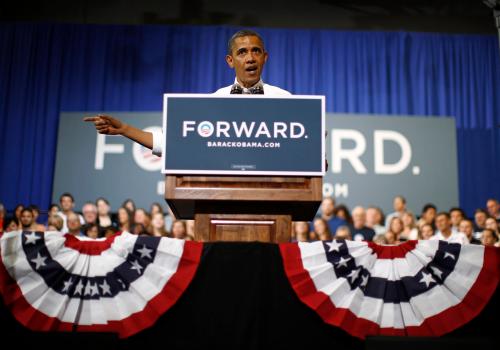
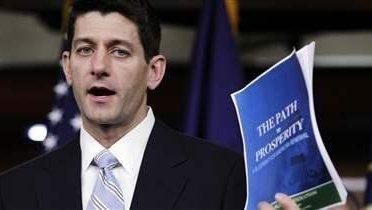
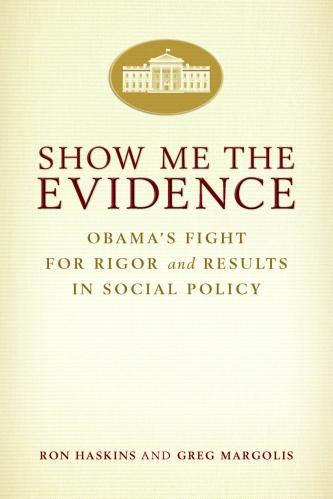
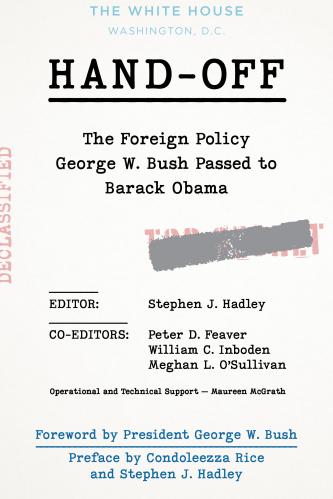
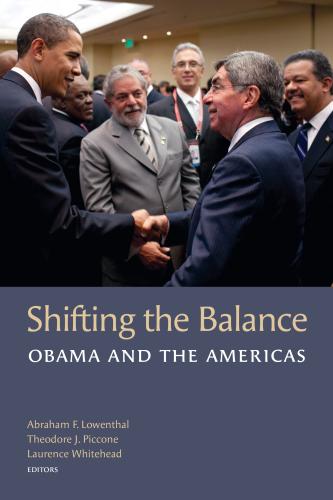


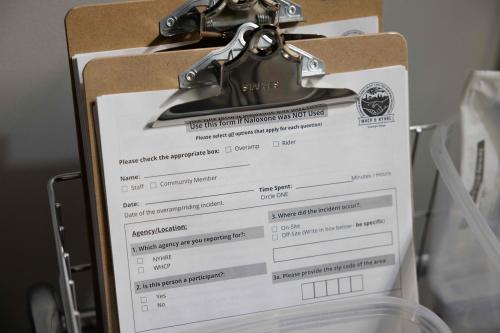
Commentary
Op-edWhy Demagoguing Paul Ryan is Bad For Democrats
August 14, 2012